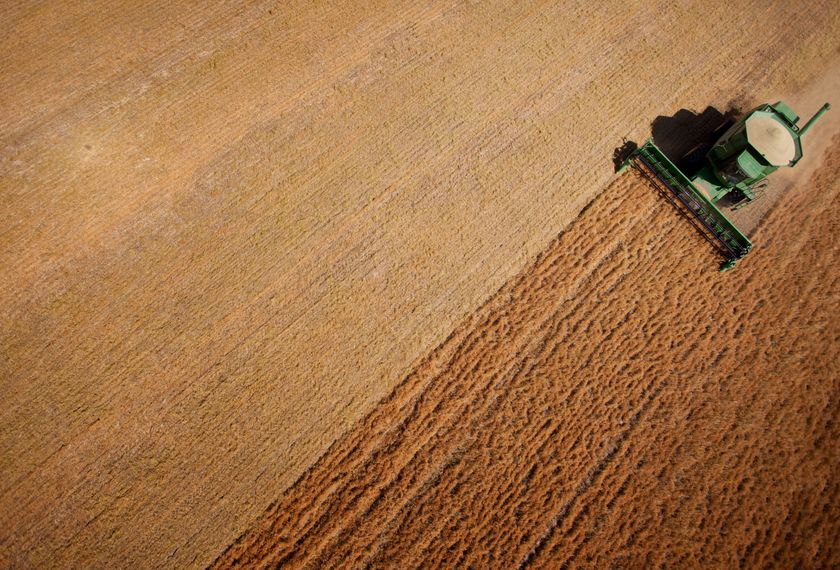
Farmers have bounced back from the worst arable harvest in a decade with a return to profit, although too many still rely entirely on subsidies, according to new research.
Analysis by chartered accountants Duncan & Toplis of the accounts of 150 farms across the East of England showed that average net farm income increased from £26 to £46 pounds per acre for harvest 2017.
This is due primarily to higher average crop prices and the reduction in depreciation.
However, half of those in profit last year would have turned a loss were it not for the direct payment; which is widely expected to be overhauled once the UK leaves the EU.
Mark Chatterton, head of agriculture for Duncan & Toplis and author of the research, gives a stark assessment of the current agricultural market, but with grounds for optimism for those farms which take steps now to ready their finances for Brexit.
“The figures for harvest 2017 are certainly an improvement on the previous year, but the industry’s over-reliance on the direct payment is evident inside farms of all types and sizes,” Mr Chatterton said.
“Many are still not turning a profit without it, even before drawings. This subsidy addiction must be addressed.
“All indications from government suggest that landowners can’t rely on the current subsidy system of payments based on farm size beyond any Brexit transition period.
“Those that will thrive outside the EU will be those that are starting to plan now, through better tax planning, reviewing their business models and considering new forms of diversification.”
'The sacrificial lamb'
The figures for 2017 were taken from the anonymised accounts of a selection of Duncan & Toplis’ agricultural clients. Of the 150 businesses analysed, the average farm size was 700 acres.
Last month, the President of the NFU Minette Batters told farmers at the annual Farm Business Update that “Brexit can be a great opportunity” for them.
However, she said that the industry risked being "the sacrificial lamb" in Brexit talks unless the industry found their "collective voice".
Going on to talk about the Defra Secretary Michael Gove’s plans for a Green Brexit, she was firm on her organisation’s commitment to keep standing up for farmers after the direct payment ends.
She continued: “You cannot go green if you’re farming in the red. Farmers do most of the work, take most of the risk but we’re one of the only sectors which can’t pass on rising costs.
“Our biggest challenge is trying to bring together the collective voice of the UK’s largest manufacturing sector.”
